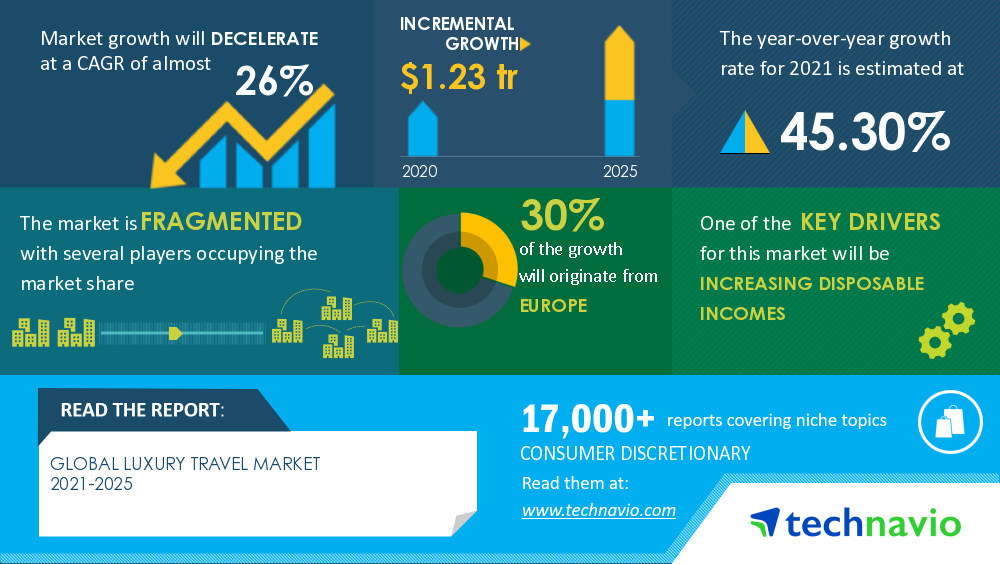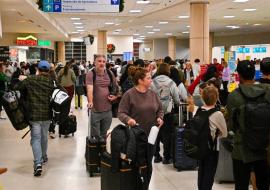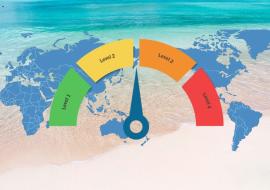Nearly a Third of the World’s Luxury Travel Market Originates in Europe

As much as 30% of the luxury travel market's growth will originate from Europe. Germany, France, and the UK are the key markets for luxury travel in Europe. Market growth in this region will be slower than the growth of the market in other regions.
The growing disposable income, the increasing number of baby boomers, the presence of numerous exotic destinations, increasing demand for personalized vacations, availability of easy transport facilities, the rapid increase in the number of food and beverage festivals, and the presence of major vendors will facilitate the luxury travel market growth in Europe over the forecast period.
The key factor driving growth in the luxury travel market is the increasing disposable income. Factors such as the rise in dual household income, per capita income, and rapid growth in the employment rate have driven the increase in disposable incomes worldwide.
The growth in disposable income is expected to increase the spending and purchasing power of consumers. The boom in the tourism industry has also encouraged consumers to spend on travel and leisure activities with exotic holiday experiences. Therefore, the increasing disposable income boosts the demand for luxurious travel to different destinations across the world, which, in turn, is fostering the growth of the global luxury travel market.

The inconsistent service quality will be a major challenge for the luxury travel market. The market vendors deal with diverse customers from different geographies. To maximize the degree of customer satisfaction, the vendors must cater to diverse preferences and seasonal demand. In addition, the high degree of diversity and inconsistency in supplier offerings impacts the quality of services offered by the existing market vendors.
Thus, inconsistencies in a certain element in the value chain, such as a delay in service delivery or bad customer service, impact other elements as well. Fake advertisements often contribute to increased customer dissatisfaction, especially for luxury travel where the travelers pay a high amount for packages.
Poor transportation and hospitality infrastructure in developing countries, especially in traditional and historic places, also pose a significant challenge to the global luxury travel market.














